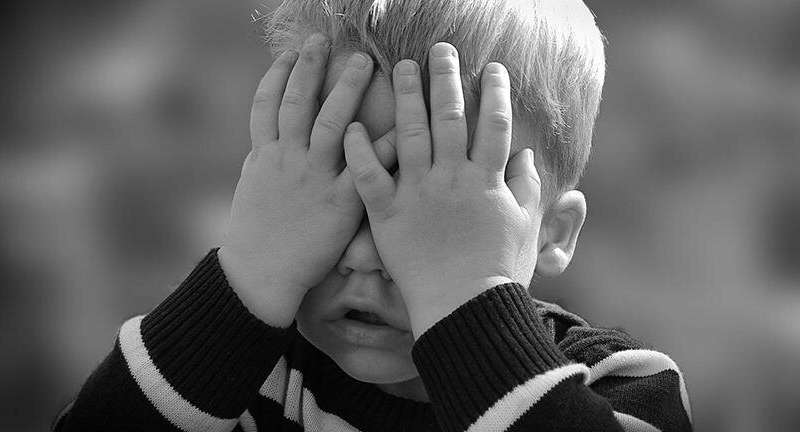
In preparation for the COVID-19 pandemic and the anticipated overwhelming demand on hospitals, the NHS moved towards of a policy of providing only essential treatments. Doctors were asked to postpone all non-urgent clinical activities including face-to-face outpatient visits, diagnostic procedures and hospital-based therapies.
As nations declared themselves ‘at war’ against the virus, they may have become blinded to the impact on other conditions. “There seems to be almost only one relevant diagnosis these days: the new virus,” writes Hensel.
This has meant that, thanks to the preparations, a major hospital could have more than 450 empty beds and less than 50% surgical theater activity.
“The message is unmistakable: we are prepared. But this comes at a price… Antenatal care is widely reduced, cancer surgeries are limited and emergency room attendance has decreased to far less than 50% as compared with pre-coronavirus times. Where are all the sick patients that usually keep us busy?”
In fact, the level of busyness may depend entirely on the medical specialty in question. Healthcare workers in adult intensive care units face facing long hard shifts treating severely unwell patients, while most pediatric specialties are seeing a drastically decreased workload.
“Healthcare allocation, in times of COVID-19 more than ever, is a risk management game. But the ‘flatten-the-curve imperative’ inevitably comes at a price, and the bill is yet to come. As one curve is plateauing, others may even rise.”
Hensel argues that children may be getting “a bad deal” as a result of healthcare policies. They tend to have milder disease if infected, yet are missing out on other important services.
He presents the example of a two-year-old boy who was referred to his team for suspected very-early-onset inflammatory bowel disease (IBD). This is usually confirmed by endoscopy or MRI. It was only by the team successfully pressing for the boy to be considered an exception that endoscopy revealed that his symptoms were caused by a single juvenile rectal polyp (abnormal tissue growth), which was then removed. The remainder of the procedure was normal, and the boy was discharged without further medical treatment. If the team had not urged for the boy to be placed on one of the few emergency lists, he would have been mistakenly diagnosed with IBD and given immunosuppressant drugs with potential side effects while he continued to suffer symptoms.
Policies to manage resources during COVID-19 risks having a disproportionate impact on children, writes Hensel. Three months since the UK first went into lockdown, more and more negative public health consequences are beginning to unfold. Lockdown regulations and school closures are making vulnerable children even harder to reach, prompting the World Health Organization to issue a joint leaders’ statement entitled “Violence against children: a hidden crisis of the COVID-19 pandemic”.
“Tragically, detrimental social and health effects will hit the socioeconomically disadvantaged communities disproportionally harder,” writes Dr. Hensel. “Food insecurity and loss of academic achievement are expected to significantly contribute to the exacerbation of the already existing inequalities.” He argues that a public health approach is urgently needed to improve child health in these challenging times, to manage domestic violence and to fight under-the-radar child neglect.
With the performance of policy-makers being judged according to internationally comparable coronavirus numbers, Dr. Hensel says it is the job of physicians to speak up on behalf of underrepresented patient groups.
Source: Read Full Article